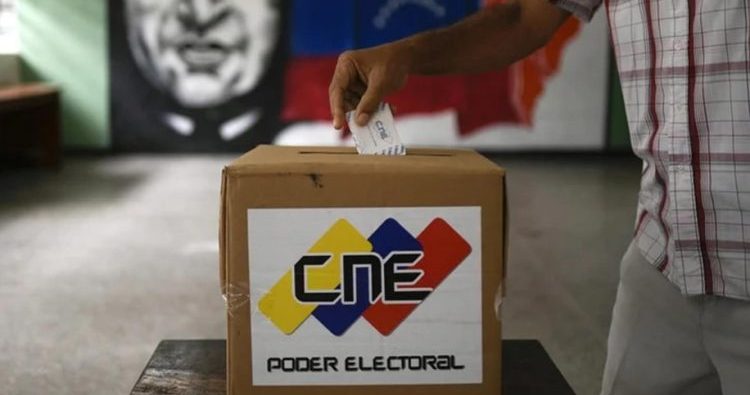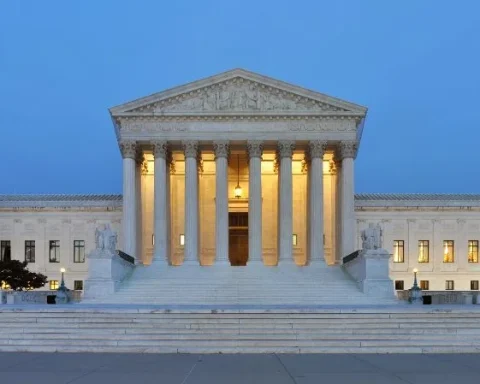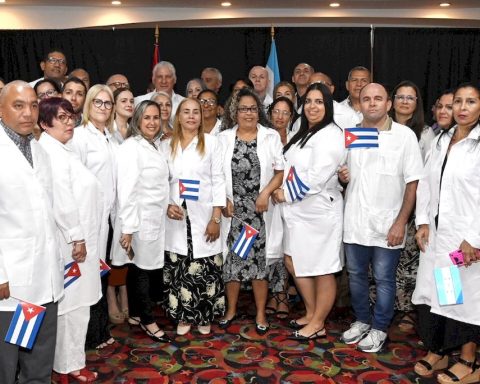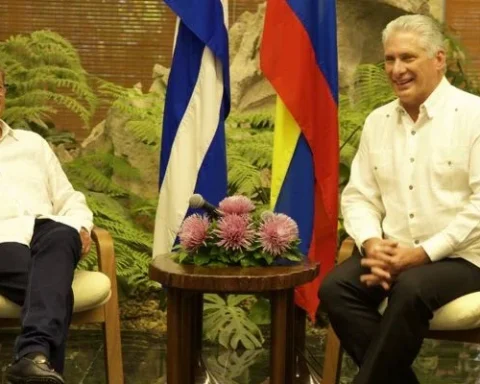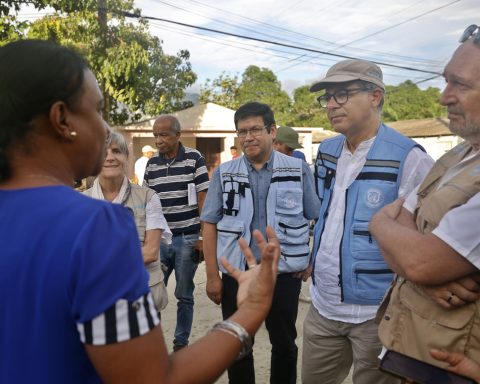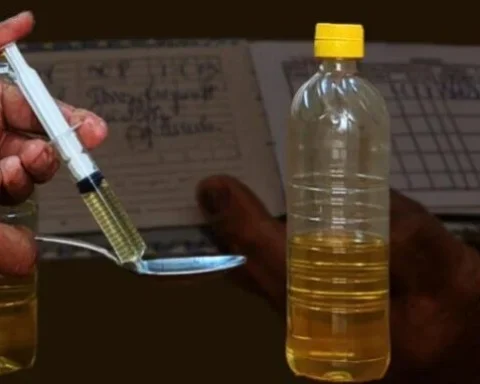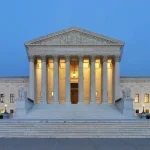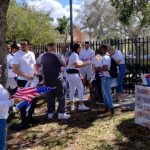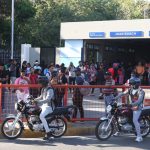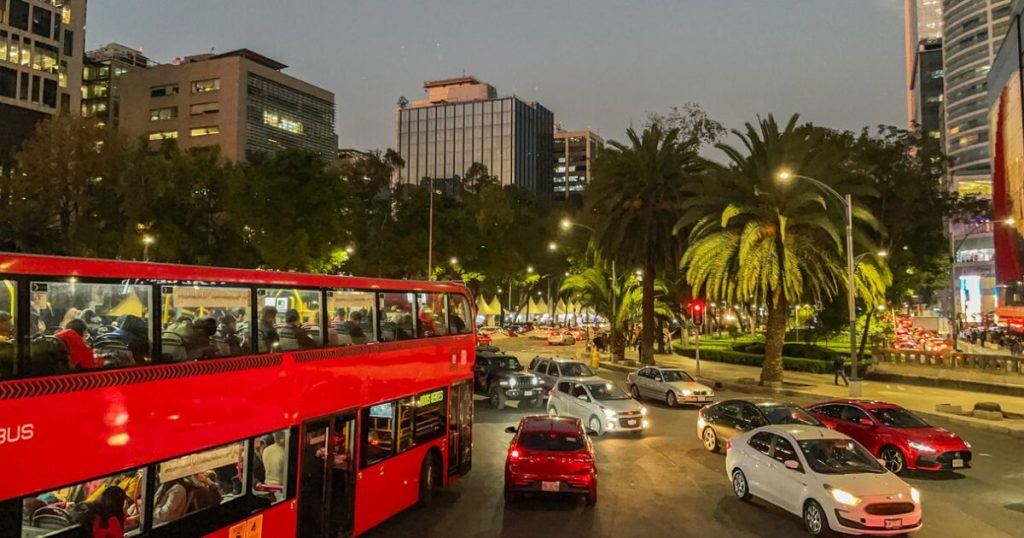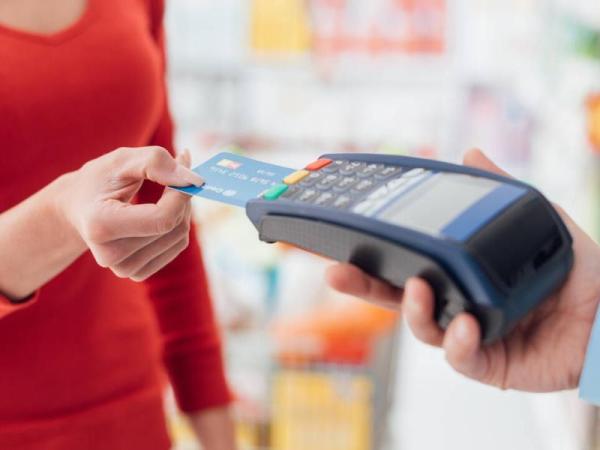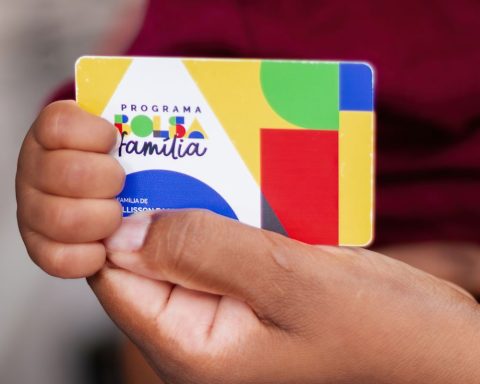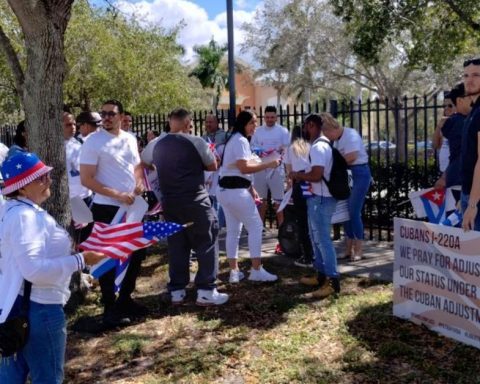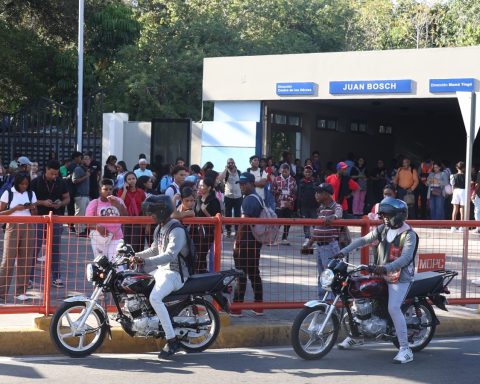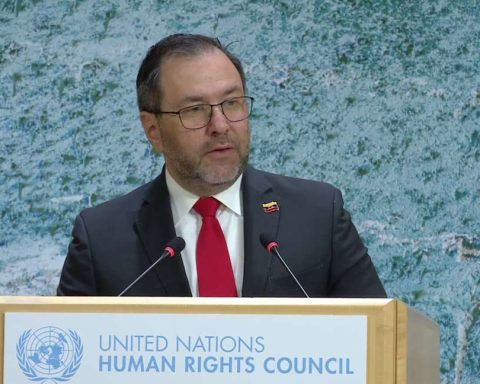When there are days left until Sunday, July 28, when approximately 14 million Venezuelans could go to the polls —according to opposition estimates—, the candidate of the Democratic Unitary Platform (PUD) Edmundo Gonzalez Urrutia (74) receives 59% of voting intention against the current representative of the dictatorial regime Nicolás Maduro (61) who obtains 24.6%, according to an analysis by the Center for Political and Government Studies of the Andrés Bello Catholic University (CEPyG-UCAB) and the Delphos pollster.
The difference in votes estimated by Delphos would be 2 million, and the rest of the votes, corresponding to 16.3% of voters, would be distributed among eight candidates who are running without much chance. Of the 1,200 people surveyed between July 5 and 11, 40% defined themselves as opposition, 30.6% as Chavistas and 29.5% said they were “not on either side.”
Likewise, the director of CEPyG, Benigno Alarcón, stated that the final scenario before the presidential elections is to start the “political transition” or go towards a “conflict due to electoral fraud.”
33% of respondents were “very willing to return to their polling station to participate as witnesses in the vote count.” This participation is key to guaranteeing electoral transparency since the National Electoral Council (CNE) is an appendix of the chavismo and offers no guarantees to the opposition.
The Vente Venezuela party of the main opposition leader Maria Corina Machado —the real head of González’s electoral campaign— claims to have thousands of supporters who will act as electoral observers. At the beginning of the year, Maduro said that he would win the elections “by fair means or foul,” which was interpreted, both in Venezuela and in the democratic world, as meaning that Chavismo would resort to gross fraud if defeated at the polls. Nothing can be assured when not only is Venezuela’s destiny at stake, but also a geopolitical reality with authoritarian overtones imposed by interests foreign to the region.
Criminal attack
Last Thursday, July 18, Maria Corina Machado denounced an attack committed in the State of Lara against his personal safety and that of his leadership team. Two vehicles in which the opposition electoral command travels woke up that day with one of its brakes cut, and the other one had had its oil drained, after having been parked in the housing estate where the opposition spent the night. Machado denounced that agents of the regime had followed the opposition electoral caravan from the State of Portuguesa.
The day before the “criminal attack,” as former congressman Biagio Pilieri called it, Milciades Ávila, head of security for the anti-Chavez leader, was arrested and accused of alleged “gender violence” when he protected Machado from some women who tried to attack her.
For his part, presidential candidate Edmundo González said that “the intimidation against María Corina Machado and the recent arrests of 72 citizens and activists” from the opposition campaign “are intolerable acts of cowardice that threaten the development of the electoral process.”.
Attorney Perkins Rocha, a member of González’s legal team, told the Colombian press that the opposition in his country “does not have constitutional guarantees.”
“The regime closes the hotels, inns and restaurants where María Corina Machado and Edmundo González arrive, and prevents them from boarding domestic commercial planes,” which in his opinion results in “their having greater contact [con la ciudadanía] because they go by road,” said Rocha.
The NGO Foro Penal reported that so far in 2024 there have been 102 arrests directly related to the political movements of the electoral campaign. At present, there are 301 political prisoners in the country.
On the night of Wednesday, July 17, Voluntad Popular, the party of the former political prisoner Leopoldo Lopezexiled in Spain, reported the disappearance of one of its leaders from the Miranda State, Freddy Cimino.
According to the electoral register of Venezuela, twenty-one million three hundred ninety-two thousand four hundred sixty-four (21,392,464) citizens are eligible to cast their vote.
Brazil
Brazil’s Supreme Electoral Court (TSE), which in June rejected an invitation from Maduro to send observers to the presidential election, announced on Wednesday that it had revised its decision and would send two observers.
The NGO Venezuelan Electoral Observatory (OEV) estimates that of the 8 million Venezuelans living outside Venezuela, approximately four million have the right to vote abroad. On Friday, July 19, OEV denounced the lack of control mechanisms for Chavismo regarding the use of public resources for the dissemination of propaganda during the campaign taking place in the country. According to the OEV —reported by the Venezuelan portal The Pin- he use of public resources “favored a political bias, which not only violates the current electoral law, but also the Anti-Corruption Law.”
“Too many cameras and not enough people”
In a previous walk with the governor of Táchira, Freddy Bernal, and the Minister of Communication, Freddy Ñáñez, Ripe, The man who calls himself “Chávez’s son,” without realizing that a microphone was on, showed his disappointment: “This looks ugly… There are too many cameras and not enough people.” The comment immediately caused the background sound to be cut off in the studios of Venezolana de Televisión in Caracas. But it was already too late, he said. The Pin. With his comment, Maduro was anticipating what was confirmed minutes later at the Chavista march, which was much smaller than the opposition march of a few days ago, despite the fact that the government fills its candidate’s events with public officials, militiamen and members of its communal structures, whom it displaces with public money.
For his part, diplomat Elliott Abrams, former special representative of the Government of Donald Trump For Venezuela, he suggested that the United States should offer amnesty to Nicolás Maduro so that he would recognize the victory of the opposition presidential candidate.
In an op-ed published on the Council on Foreign Relations website, Abrams recalled that “in 1988, the United States entered into negotiations with the then dictator of Panama, Manuel Noriega. Noriega had been charged in Miami with drug trafficking and we wanted him out of office and out of Panama.”
At the time, Abrams was assistant secretary of state for Latin America in the Reagan administration. “To get Noriega out and return democracy to Panama, we offered him a deal: we would drop the indictment if he left,” he recalled. At the time, Noriega “negotiated for a while, but in the end he refused” to accept the deal, so he decided to stay in power until, after the last US military intervention of the Cold War, in December 1989, Noriega was deposed, later tried and sentenced to 40 years in prison.
Collaboration by Hugo Machín Fajardo, journalist from Latin Analysis in CADAL.
Follow our channel WhatsApp. Receive the information from CubaNet on your cell phone through Telegram.
